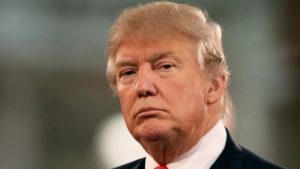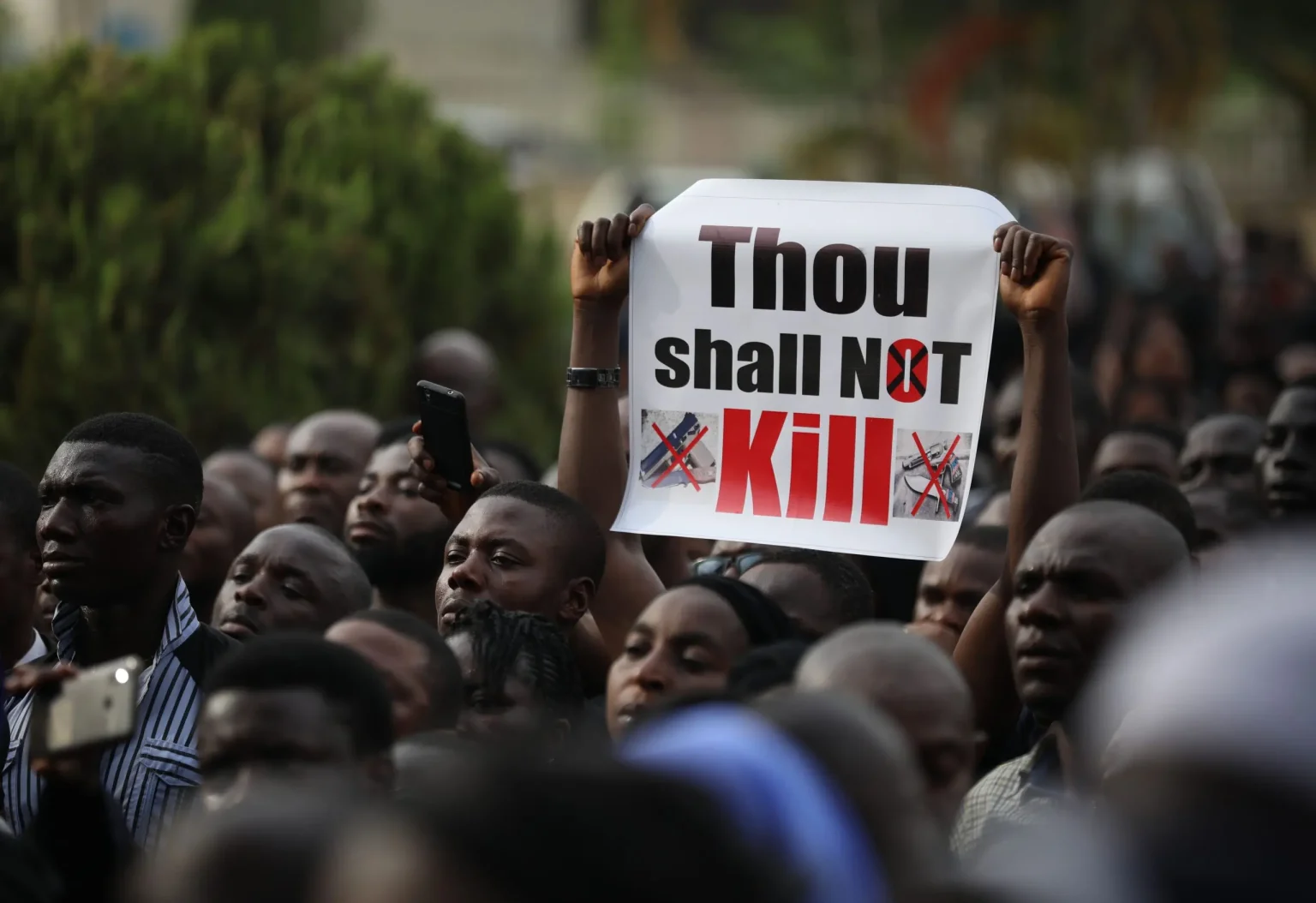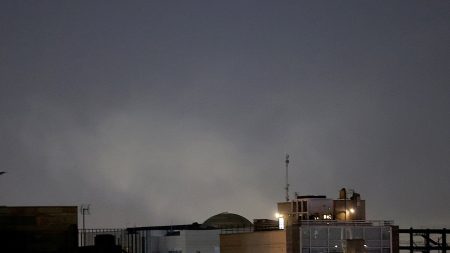Trump Designates Nigeria as “Country of Particular Concern” Amid Christian Persecution Crisis
In a significant foreign policy move, President Trump announced Friday that he is officially designating Nigeria as a “Country of Particular Concern” due to escalating violence against Christians in the West African nation. “Christianity is facing an existential threat in Nigeria,” Trump stated on his Truth Social platform, highlighting the thousands of Christians killed by what he described as “radical Islamists.” This designation marks a formal acknowledgment of the severity of religious persecution occurring in Africa’s most populous country. Beyond the designation, Trump has directed Representatives Riley Moore, Tom Cole, and members of the House Appropriations Committee to investigate the situation and report their findings directly to him. The President emphasized America’s responsibility to protect persecuted Christians globally, declaring, “The United States cannot stand by while such atrocities are happening in Nigeria, and numerous other Countries.”
The reality facing Nigerian Christians has become increasingly dire in recent years. Entire villages have been razed, Sunday worshippers killed during services, and thousands displaced by violent extremist groups operating primarily in the country’s northern and central regions. Just this June, militants attacked a bishop’s village days after he testified to Congress about Christian persecution, resulting in over twenty deaths. Similar assaults in Plateau and Benue states have claimed hundreds of lives this year alone, with survivors recounting how attackers shouted “Allahu Akbar” while burning churches and homes. The violence appears systematic and targeted, creating an atmosphere of constant fear among Christian communities who often feel abandoned by both their government and the international community.
According to Open Doors, an international watchdog organization monitoring religious freedom, nearly 70% of Christians killed worldwide for their faith last year were in Nigeria—a staggering statistic that underscores the severity of the crisis. Three main groups bear responsibility for most of the bloodshed: Boko Haram, Islamic State West Africa Province (ISWAP), and armed Fulani herders, who frequently target Christian farmers in Nigeria’s fertile Middle Belt region. Conservative estimates suggest between 4,000 to 8,000 Christians are killed annually, with countless others forced to flee their ancestral homes. The pattern of violence often follows religious lines, with attackers specifically targeting Christian villages, schools, and places of worship while sparing nearby Muslim communities.
Mark Walker, President Trump’s ambassador-designate for International Religious Freedom, emphasized the need for American pressure on Nigeria’s government to take more decisive action. “This has been going on for years—from ISWAP to Islamist Fulani ethnic militias—and the Nigerian government has to be much more proactive,” Walker told Fox News Digital. As a former pastor and Republican congressman from North Carolina, Walker brings both religious and political experience to the role, though he has not yet been formally confirmed. He stressed that this issue transcends partisan politics: “This isn’t about appropriations or politics—this is about human life. We’re talking about boys and girls, about women being kidnapped and horrific things happening. All of us should raise our voices.” Walker plans to collaborate with Senator Marco Rubio to strengthen U.S. advocacy once confirmed, noting that the current Secretary of State has already been vocal about the situation.
The crisis in Nigeria reflects a broader surge in anti-Christian violence across sub-Saharan Africa, where jihadist movements are exploiting political instability and porous borders to expand their influence. Both religious leaders and government officials have condemned recent massacres, warning that the violence could spread beyond Nigeria’s borders if left unchecked. Walker articulated a principle that appears to guide the administration’s approach: “The United States should always stand up for freedom of religion, and that starts with speaking the truth about what’s happening.” Senator Ted Cruz has been particularly outspoken, claiming that “since 2009, over 50,000 Christians in Nigeria have been massacred” and “over 20,000 churches and Christian schools have been destroyed.” He characterized the violence as “a crisis of religious genocide” requiring stronger American intervention.
Nigerian government officials have consistently rejected these characterizations, insisting that Christians are not being systematically targeted. Information Minister Mohammed Idris recently told Fox News Digital that claims of mass persecution are “very misleading,” while Presidential spokesperson Bayo Onanuga maintained, “Christians are not targeted. We have religious harmony in our country.” This denial stands in stark contrast to the documented reality on the ground, where Christian communities continue to suffer devastating attacks with alarming frequency. A priest from Plateau State—one of the hardest-hit regions—summed up the frustration felt by many victims: “When the world stays silent, the killers return.” The designation as a “Country of Particular Concern” represents an attempt to break that silence, though questions remain about what concrete actions might follow to protect vulnerable communities caught in this ongoing crisis of faith and violence.















